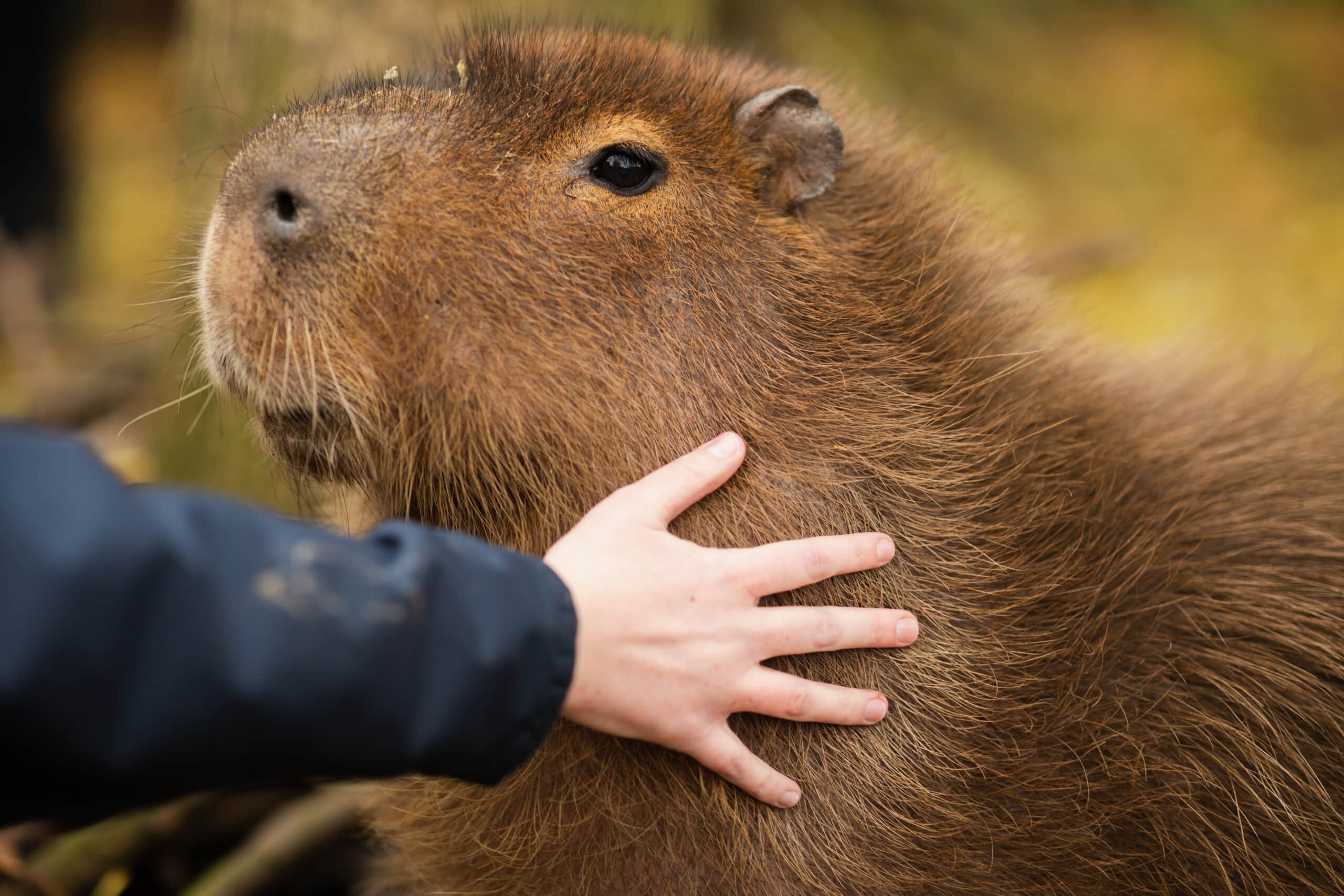Undergraduates from both our Animal Behaviour and Welfare and our Zoo Management degree courses visited Ol Pejeta Conservancy in Kenya, to experience real-world conservation in an incredible wildlife and wilderness area.
The study tour gave the students an unrivalled opportunity to better understand the multitude of human, animal and political considerations that are required for any successful conservation model, whilst also providing spectacular wildlife viewing experiences.
Students experienced all facets of the conservancy operations, including visiting the last two Northern White Rhinos and learning about ground-breaking conservation efforts using embryo harvesting and transfer. They also visited Sweetwaters chimpanzee sanctuary to learn about how the various chimps end up there, and how the troops are managed and maintained.
The group spent time with the security and anti-poaching teams to learn about establishing and maintaining wildlife corridors between wildlife areas and spent a day with the canine unit where two groups of students posed as ‘poachers’ for the dogs and other students to track.
Various community-based initiatives were explored by the undergraduates, including sustainable micro farming and climate friendly stove manufacturing that reduces the need for charcoal, thus protecting local woodlands.
The students also spent a day out on the conservancy with the cattle ranchers to better understand the careful management needed to raise cattle amongst dangerous wildlife.
Finally, upon return to Nairobi the undergraduates visited the Sheldrick Elephant Orphanage to learn about the work done to raise, rehabilitate and release young elephant that have become separated from, or abandoned by, their natal herd.
When asked about her experience on the study tour, UCR Animal Management undergraduate Rhianna Williamson said: “Seeing the animals interact with each other in the wild was so rewarding. We were so lucky on the first morning to witness a mother lioness eating a kill with her cubs. The way that all the separate elements like logistics, cattle and wildlife corridors came together to create this efficient and tranquil place will forever hold a place in my memory.
“My main trip highlight must be either the predator tracking and seeing the cubs play with each other and pounce on plants (they reminded me of my cats at home) or going on the night drive and witnessing the baby hyenas come curiously up to the vehicle. It was overwhelming in a good way and I’m so glad I went.”
UCR Animal Management undergraduate Amalia Tome-Blanco said: “Having the opportunity to go on a trip to Kenya has been hands down the best experience of my life. It was fantastically organised, giving us the opportunity to see and learn about wildlife both during day and night and to meet the community, their values and what they do, how they help each other and deal on a daily basis with the human-animal conflict.
“We learnt how to identity African mammals and birds by their calls, tracks, and faeces, we got to see them up close in their natural habitats displaying different kinds of behaviour, and we had an overall amazing and very educational experience.
“We encountered no issues during the trip, we got to know each other better and ended up building great relationships, and we got to learn about a different culture and a new language!
“I could not be more pleased with how the whole trip went. It was amazingly organised and managed, and it was adapted to everything we wanted to see and do. I’m glad we had this amazing opportunity and I would definitely do it again.”

Visit our blog listings page or view our latest blogs below.
Canine Behaviour
Animal Behaviour